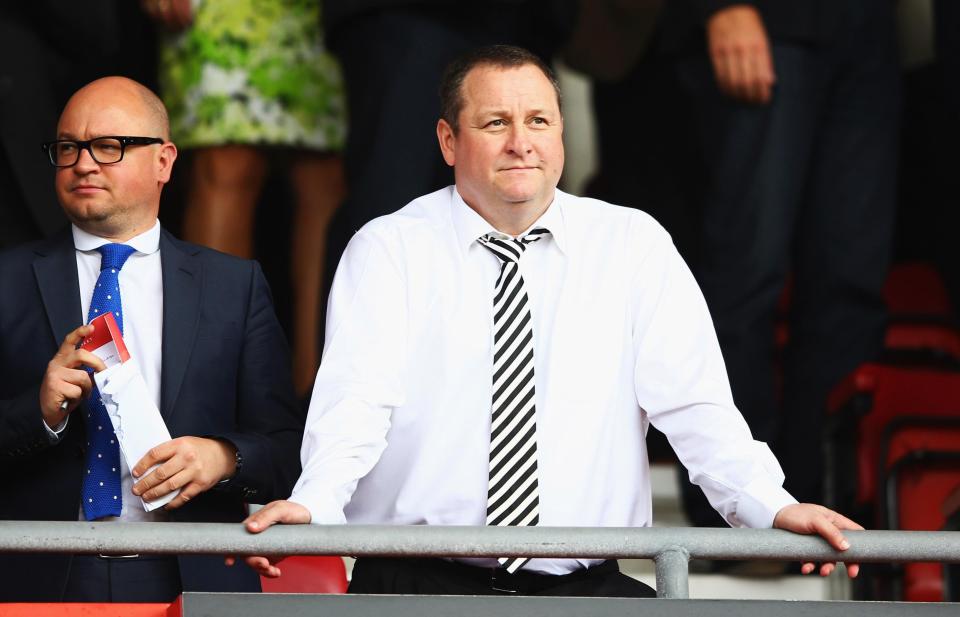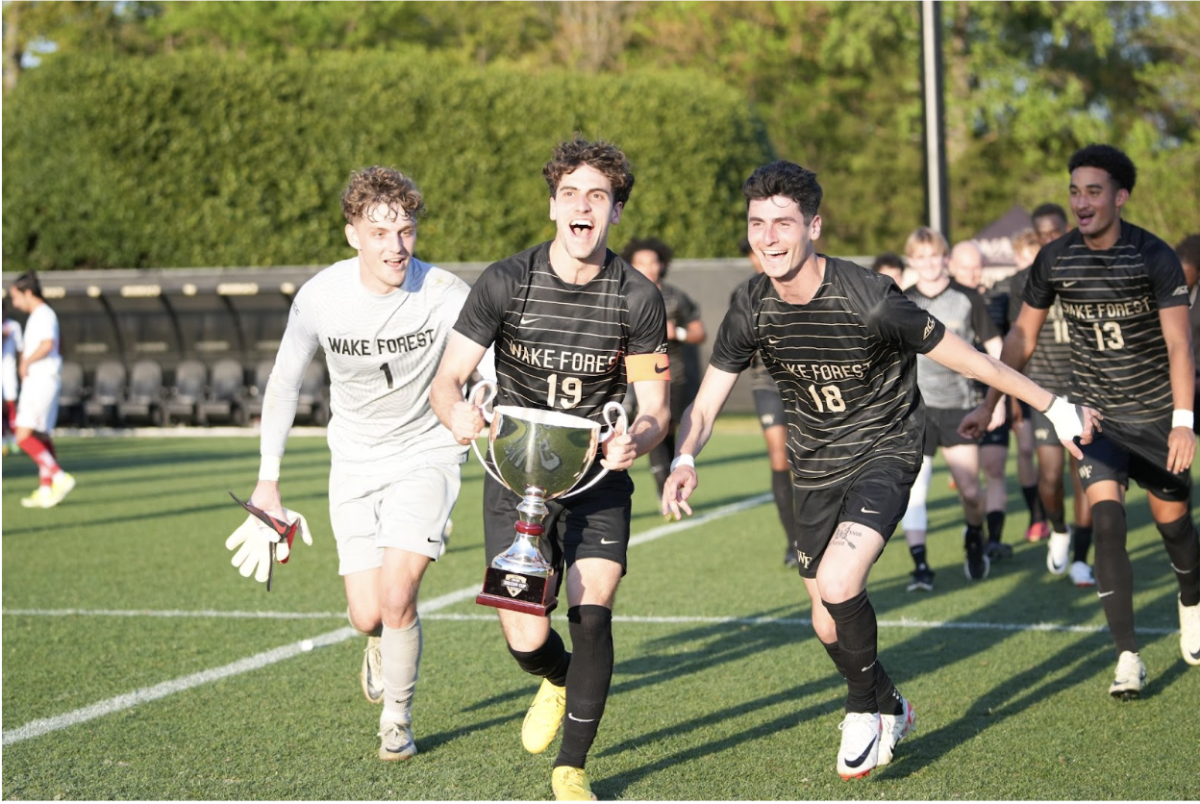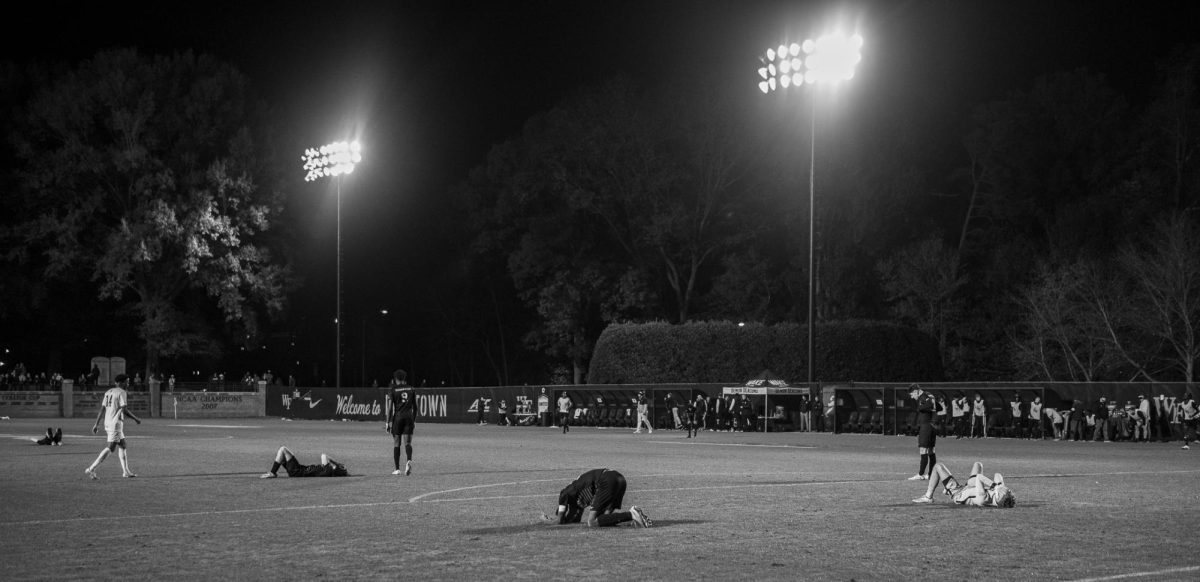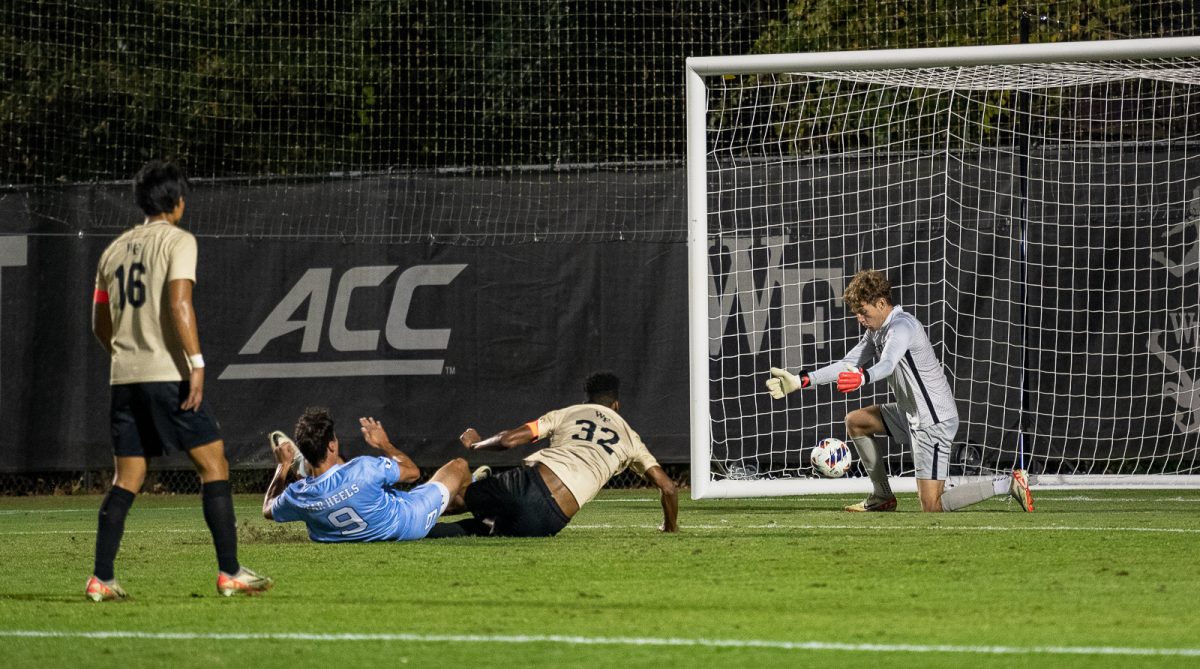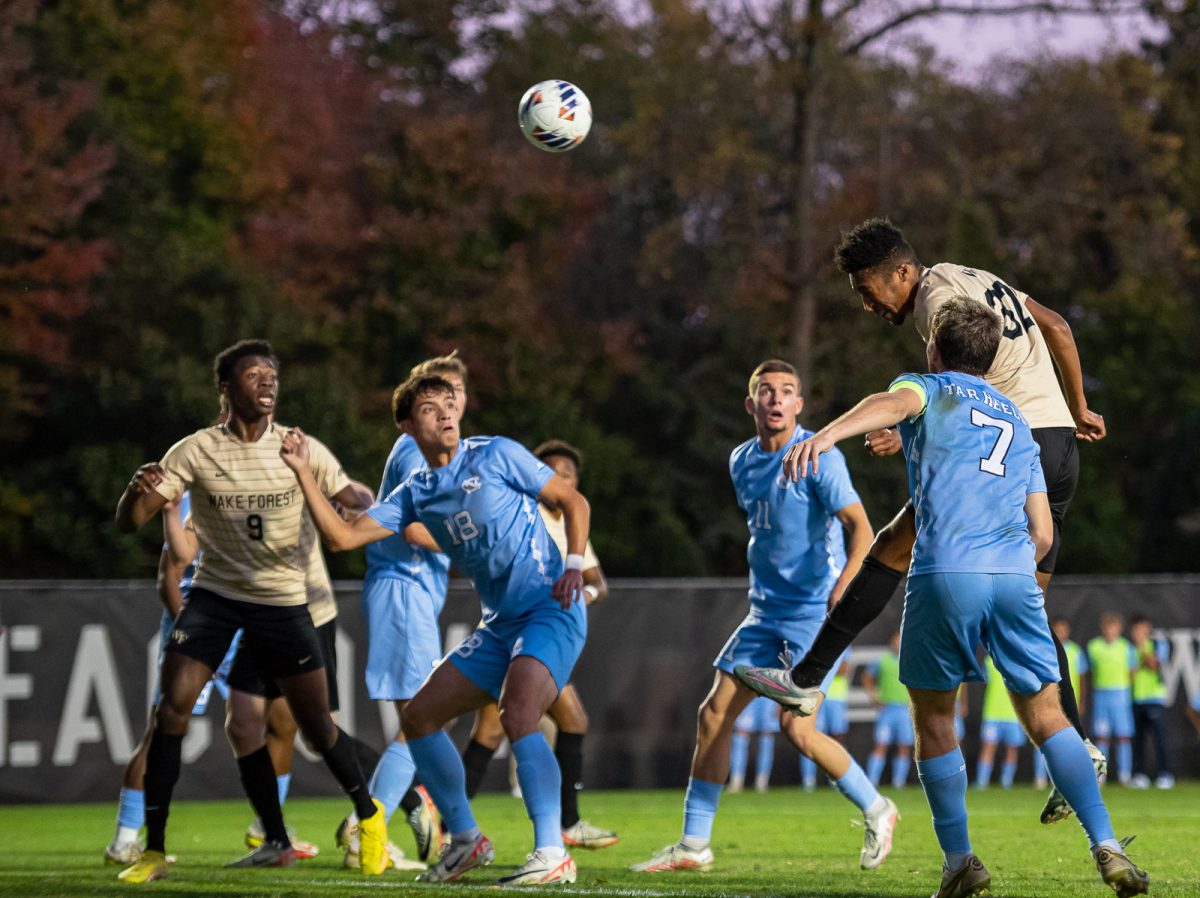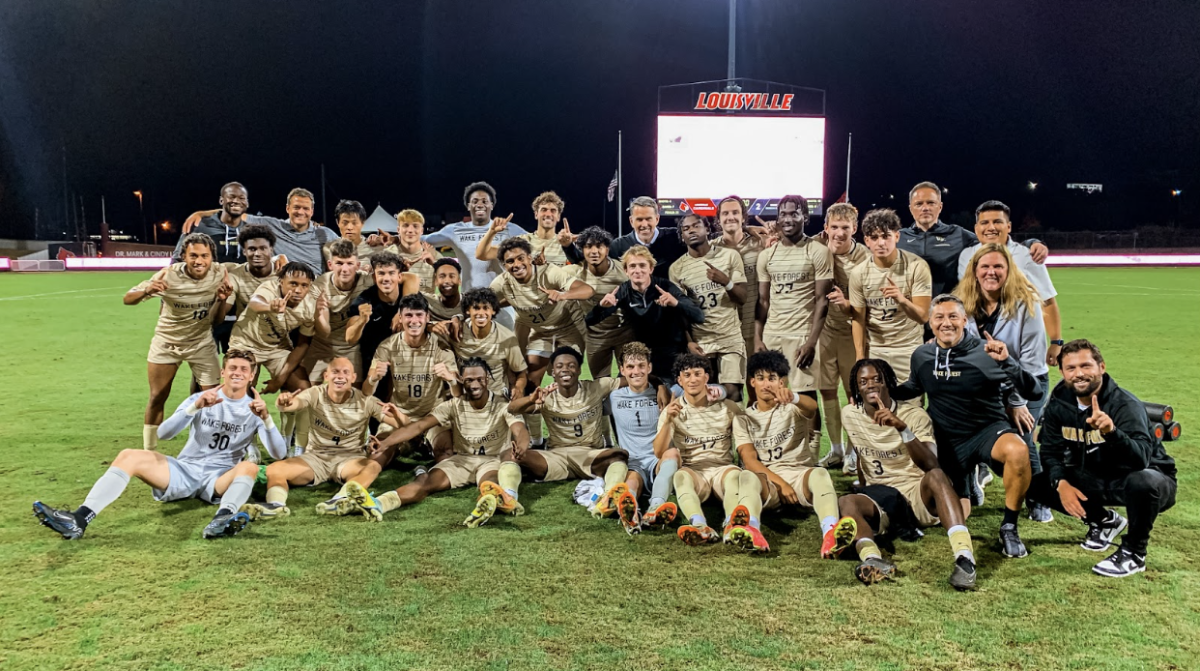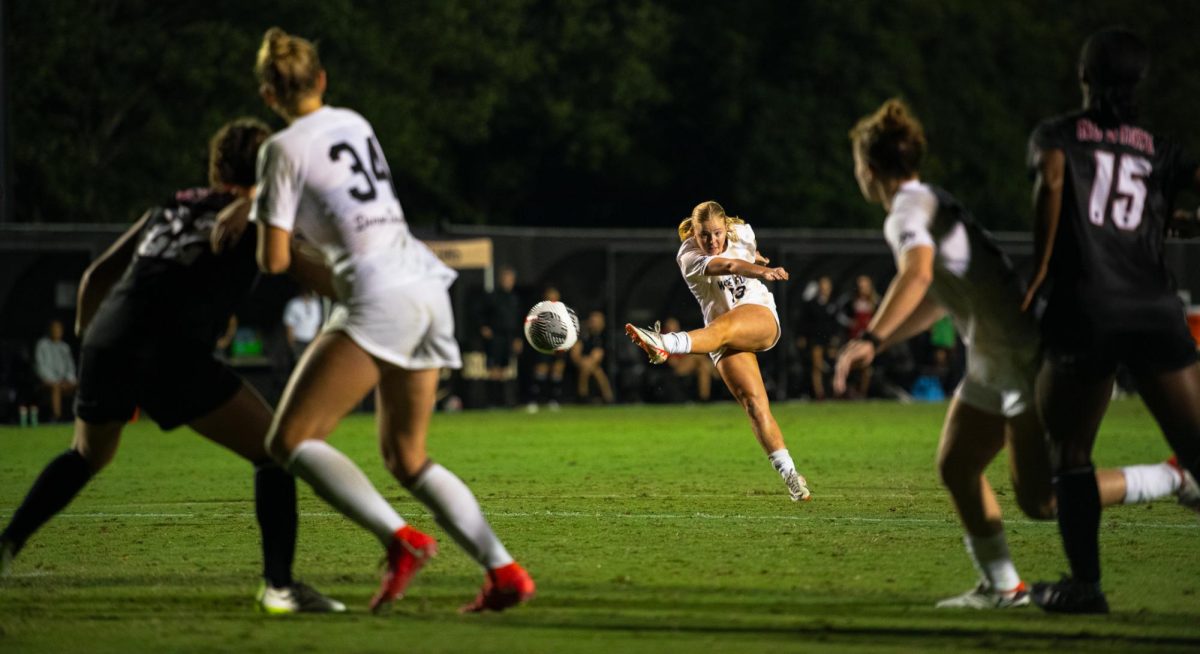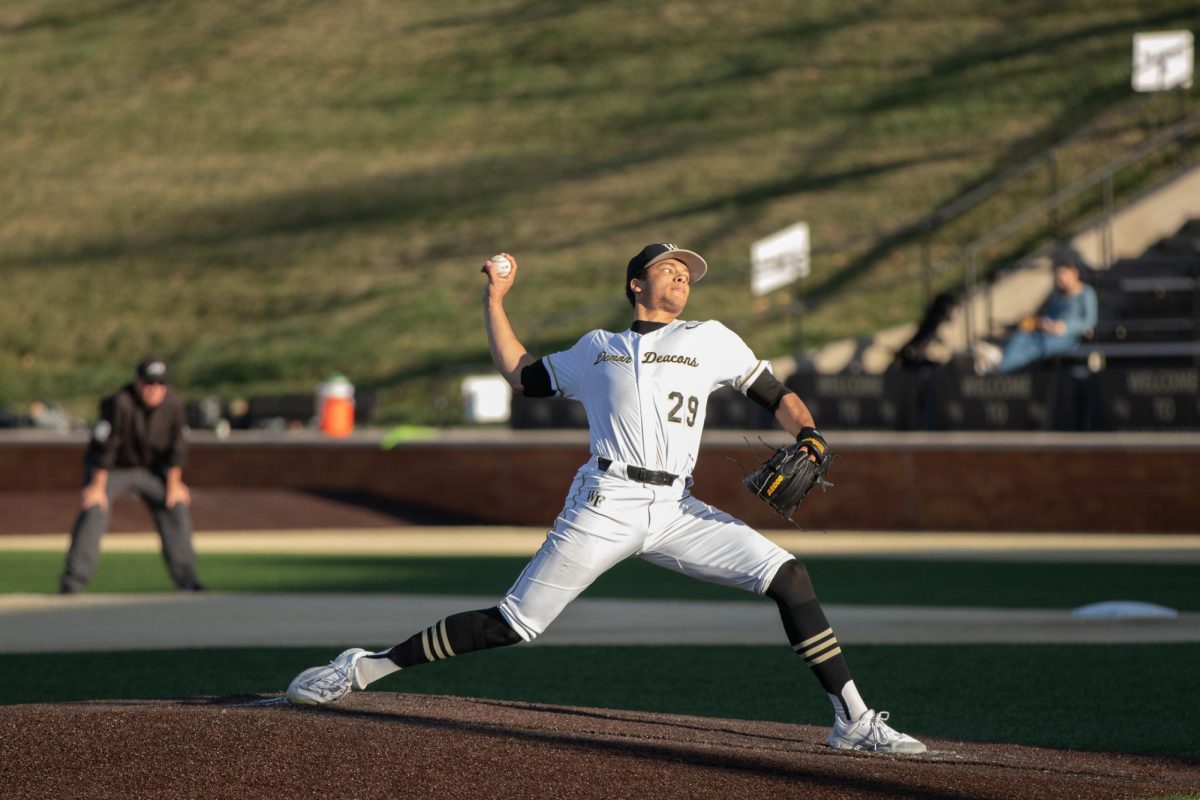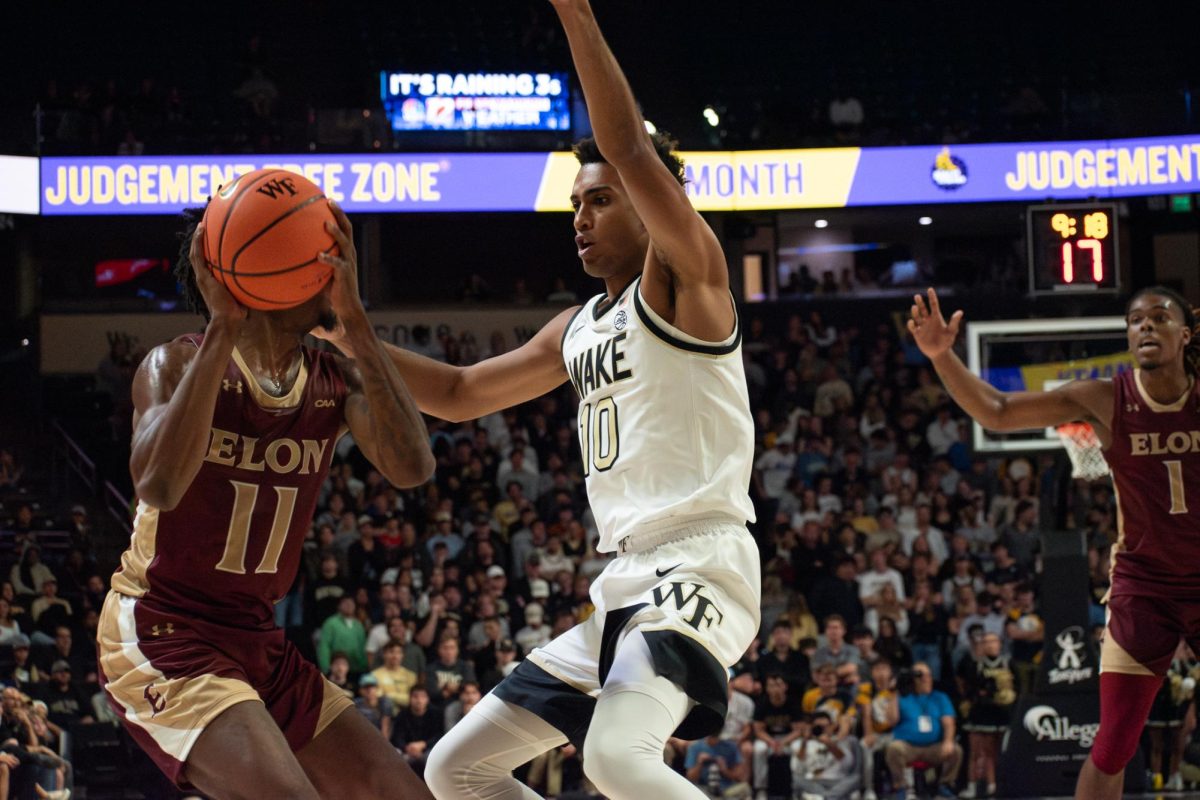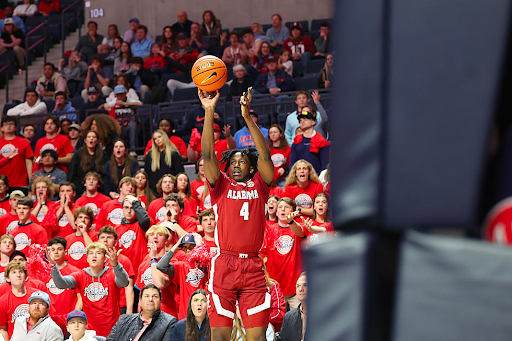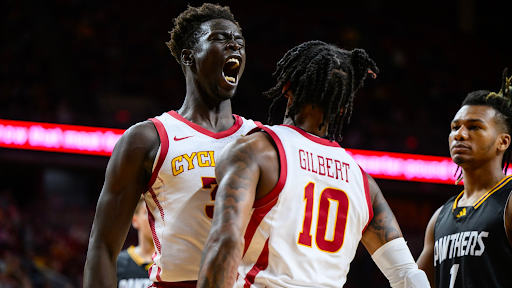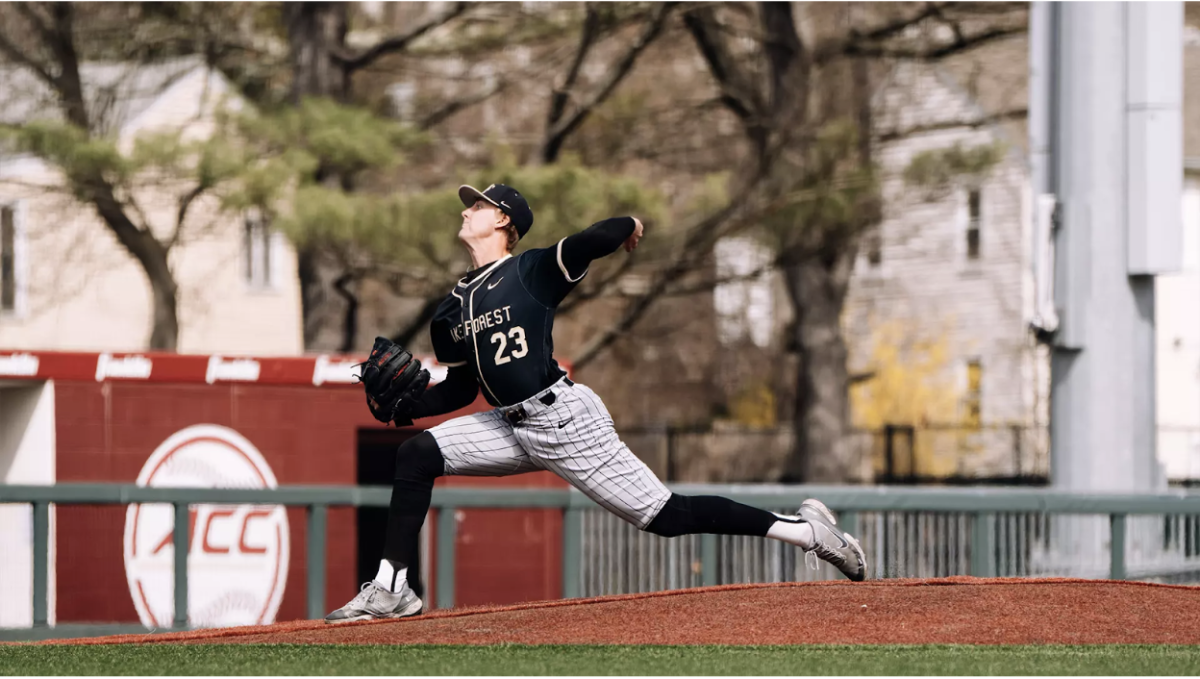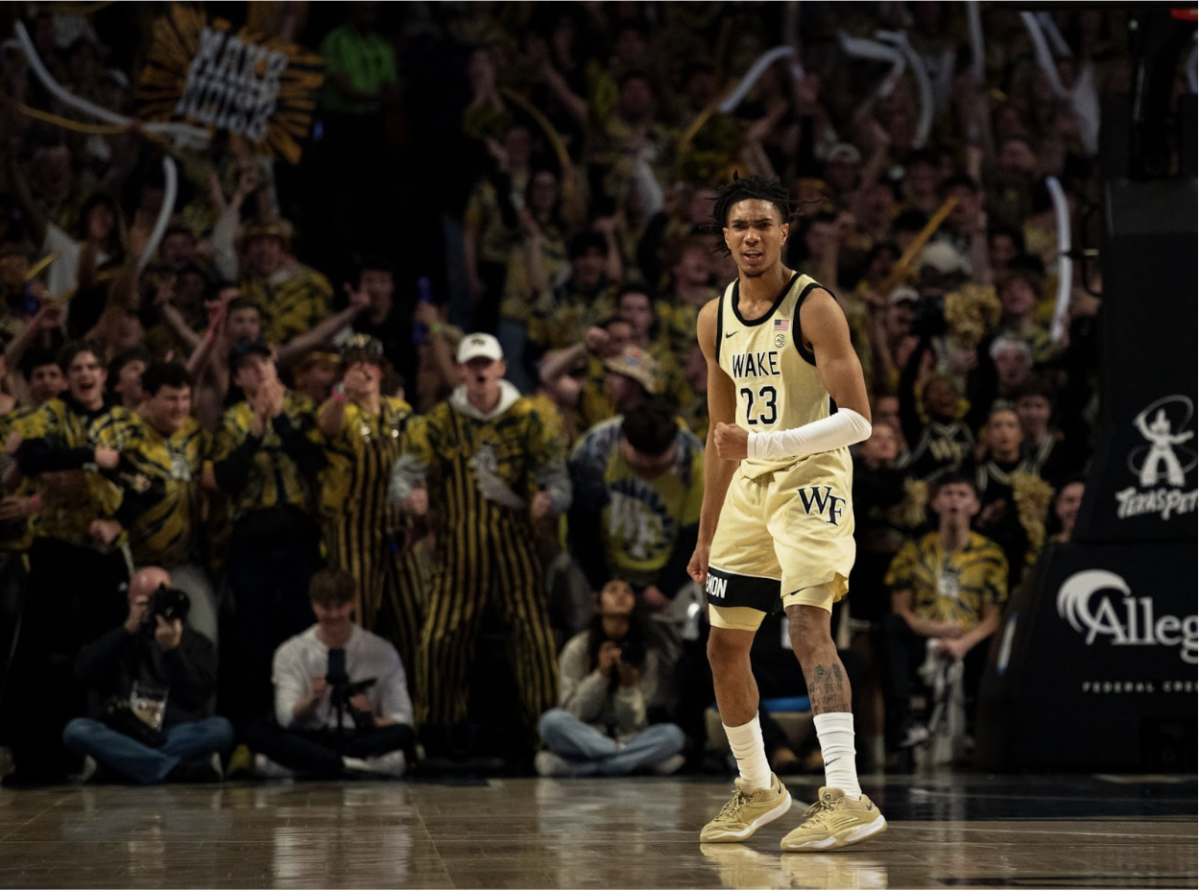Mike Ashley, the current billionaire owner of Newcastle United, prefers to do his business in the pub. However, this tradition will likely change for the premier league club when apparent new Saudi owners take over.
When the Premier League began in 1992, Newcastle United found themselves outside the fledgling competition, looking in from the old First Division. Following their promotion into the second season of the Premier League, Newcastle became one of the league’s early giants, stringing together a third-place finish in its first year followed by two second-place finishes.
In 2007, Ashley remembered those results, saw the passion of the fans and most importantly imagined he could use Newcastle as not only an opportunity for profits but also an avenue to legitimacy for the discount-sporting goods seller with a chip on his shoulder.
Ashley was born in London, as protesters at Newcastle (a five-hour drive to the north) games remind onlookers with their banners proclaiming “Cockney Mafia Out.” Thanks to his brash style of ownership, Ashley has alienated supporters, former players, managers and the residents of Newcastle through a series of miscalculations, missteps and acts of downright arrogance.
His attempt to rename the legendary stadium St. James’ Park, home of Newcastle United since their founding in 1892, to Sports Direct Arena, after the Ashley-founded discount sportswear conglomerate that earned the Brit his billions, brought immense criticism and characterized what would be a tumultuous decade at the Tyneside club.
Newcastle was relegated to the second division in 2009 and 2016. Although the team was able to return to the first division the next season each time, the Newcastle faithful’s patience had long grown thin over disastrous decisions and an owner that seemed to embody everything wrong with the commercialization of football.
Ashley’s financial strategy (if there was any method to his madness) combined austerity with eccentricity, juxtaposing the outsourcing of much of the club’s staff with bizarre purchases such as a $50 million transfer for the Brazilian forward Joelinton, a player who has managed a meager one league goal and six yellow cards in 29 matches. Recently, Newcastle United gained the unsavory distinction of being the first Premier League club to take advantage of the U.K. government’s furlough scheme, saving millions for the club.
Most telling was the saga of Rafa Benitez, who has long been regarded as one of football’s great managers. Perhaps most memorably, Benitez managed Liverpool as they overcame a 3-0 deficit in the 2005 Champions League Final to beat AC Milan on penalties in the so-called “Miracle of Istanbul.” Yet even Benitez could not overcome the structural incompetence that has corroded Newcastle under Ashley’s ownership. Benitez spent three full seasons at Newcastle, including one in the second-division, yet left complaining of broken promises and scant resources while Ashley cited Benitez’s supposedly unfair demands.
Even as the Premier League remains suspended due to the novel coronavirus, salvation beckons for some Newcastle fans, pending Ashley’s sale. Although critics and fans of Newcastle alike have criticized the Saudi source of that salvation.
The Saudi Public Investment Fund (PIF), chaired by Crown Prince Mohammad Bin Salman Al Saud (MBS), will gain 80% of Newcastle United in the deal, with PCP Capital Partners and the English Reuben Brothers splitting the remaining 20% evenly. In total, the deal is reported to be around $375 million, dwarfing the $170 million Ashley spent to buy the club in 2007.
At the center of the sale is the enigmatic character of Amanda Stavely, who has emerged as the face of the bid to acquire Newcastle. Stavely’s firm, PCP Capital Partners, has long been associated with bringing petro-state investors into English markets, with the firm involved in previous Saudi investments into British bank Barclay’s and the takeover of Manchester City by Sheikh Monsour of Abu Dhabi.
Human rights advocates, concerned about MBS and Saudi Arabia’s authoritarian history, have protested the proposed takeover.
“Saudi Arabia is attempting to use the glamour and prestige of Premier League football as a PR tool to distract from the country’s abysmal human rights record.” Felix Jakens, the head of priority campaigns at Amnesty International UK, said.
MBS’s participation in the 2018 murder of Washington Post columnist Jamal Khashoggi has been widely reported, and the regime’s involvement in Yemen has spiraled the country into famine and caused the deaths of 10s of thousands, part of a continual process of posturing against Iran characteristic of MBS’s tenure as defense minister and as crown-prince.
MBS and the PIF’s involvement in the purchase of Newcastle United marks uncharted territory for Saudi strategy. Since MBS’s ascension to the role of crown-prince in 2017, effectively making the then 32-year-old the leader of Saudi Arabia, MBS has pursued a strategy of modernization, diversification, and perceived social liberation balanced against an escalation of regional power struggles with Iran. To accomplish the latter, Saudi Arabia (beginning when MBS became Defense Minister in 2015) has turned a civil war in Yemen into a full-blown proxy war with Iran, claiming the lives of tens of thousands.
MBS has attempted to turn the oil state into a diversified economic juggernaut, with his most high profile economic action the initial public offering of national oil company Saudi Aramco in 2019. Yasir Al-Rumayyan, the current chairman of Saudi Aramco, reportedly will be the chairman and public face of Newcastle United’s new owners.
Saudi Arabia could very well be using sports to clean up its global image, following the established playbook of Qatar and Abu Dhabi, which, respectively, own Paris Saint Germain and Manchester City.
Many Newcastle supporters have been vocal in their support for the deal, arguing that in a sport where winning is the No. 1 priority, the cash-rich Saudis will be able to restore glory to the Geordies. Yet for a club so steeped in history, in regional pride, the selling of Newcastle United threatens to turn the iconic white and black stripes into a billboard for authoritarianism.

